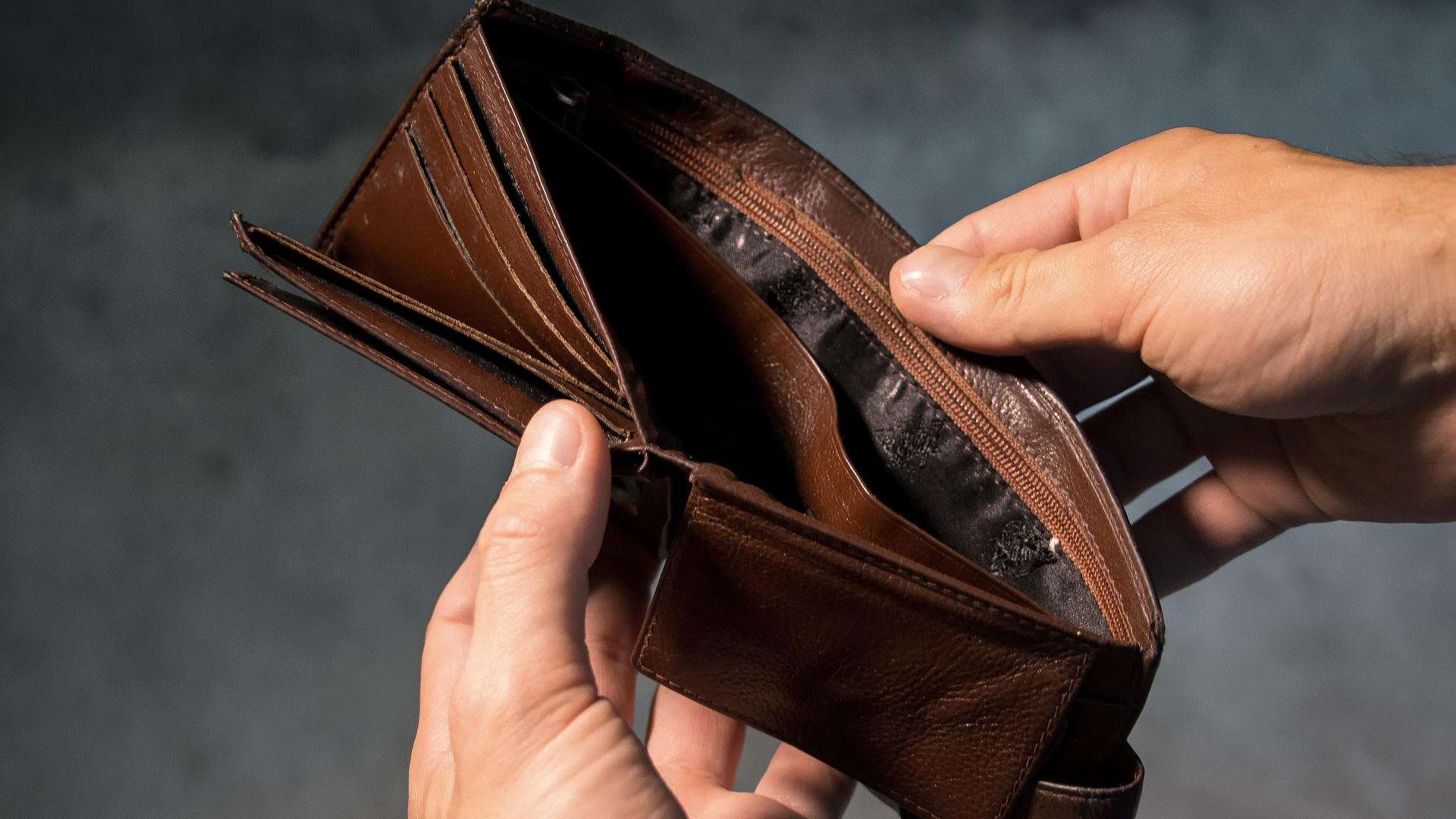This week the government will be crowing about how they’re supporting vulnerable people as the final cost of living payment arrives in the bank accounts of those on certain benefits. They claim these payments are to help those who struggle most with the rising cost of living, but once again they’re only available to those on means-tested benefits, meaning many disabled people will miss out.
This is something I first wrote about for Big Issue almost exactly a year ago. Since then, those on personal independence payment (PIP) or its predecessor disability living allowance (DLA) have received just £300, while those on benefits such as universal credit, child tax credits and employment support allowance will have got £900 – that’s on top of the £600 in the tax year 2022/23.
The Institute for Fiscal Studies found in July 2022 that 44% of the most deprived tenth of the working-age population, or 1.5 million are also disabled – yet 1.1 million of these people don’t get any disability benefits. DWP figures from May 2023 show that 631,873 disabled people on PIP or DLA don’t receive any other benefit.
Change a Big Issue vendor’s life this winter by purchasing a Winter Support Kit. You’ll receive four copies of the magazine and create a brighter future for our vendors
It’s of course unclear to tell from this data why those people don’t receive any other benefit. Maybe some don’t apply because they just don’t need it – after all you can work and claim PIP or DLA. Others could be disqualified if their partner or other members of their household earn too much. This stat also doesn’t qualify if these people are actually ineligible – many either don’t know they’re entitled to support or are put off by the stigma and stress of claiming universal credit. The figure is also eight months old and in that time benefit claimants figures have risen.
But here are some more up-to-date figures that paint a more clear picture of how hard it is for disabled people. Just last week the Office for National Statistics reported how much disabled people are struggling with the increasingly expensive pressures of winter. Almost half (49%) of disabled adults are finding it difficult to pay energy bills compared with 34% of non-disabled adults. While 39% of disabled adults are struggling to afford their rent or mortgage compared with 33% of non-disabled adults. Nearly a third of disabled adults (31%) say they are buying food with longer shelf life, compared with one in five non-disabled adults. And 27% say they’ve been eating food past it’s sell by date (20% for non-disabled) and 26% are eating smaller portions (18% for non-disabled).









